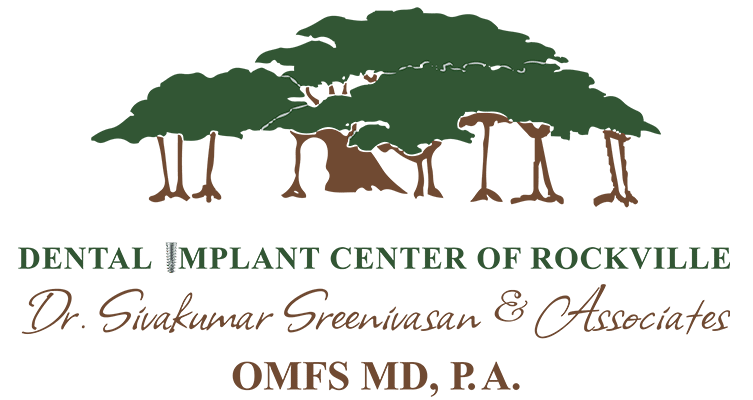What Exactly is TMJ and What Causes It?

TMJ is the acronym that is used to refer to a particular condition of the jaw. It stands for the temporomandibular joint, which is the place where the lower jaw connects to the skull. This joint can become inflamed, resulting in pain and restricted movement. When someone says they are suffering from TMJ, they really mean a TMJ disorder.
Categories of TMJ Disorder
There are different types of TMJ disorders that can fall under one of these 3 categories:
- Myofascial. This type mostly affects the muscles that control the jaw, resulting in pain. The muscles become inflamed and swollen, making it painful to move the jaw to speak and chew food.
- Internal Derangement. This type occurs when the joint itself is not in the proper position or there is an injury within the joint itself. It can be a slipped disk or a frequent dislocation of the jaw,
- Arthritis. Sometimes a TMJ disorder is the result of arthritis, which causes inflammation of the joints and can also affect the jaw joint(s).
Causes of TMJ Disorder
There are many different potential causes of TMJ disorder, including:
- Injury. A blow to the jaw, either from the front, underneath or from the side of the lower jaw can affect the joint.
- Stress. When you’re feeling stressed it can cause tension in your body, and one the most common areas to hold tension is in the jaw. Frequent or ongoing tension in the muscles of the jaw can cause pain and inflammation.
- Grinding/Clenching your teeth. Some people grind their teeth when they sleep or Clench while awake without realizing it. The official term is bruxism, and the pressure that it puts on the jaw and the disc within the joint can cause TMJ disorder.
- Autoimmune diseases. Diseases that affect the immune system can cause TMJ disorder, especially rheumatoid arthritis and lupus. Autoimmune disorders often result in inflammation, which is one of the main symptoms of TMJ disorders.
- Arthritis. Arthritis affects joints all over the body, causing pain and inflammation. The jaw joint can sometimes be affected as well.
- Surgery/General Anesthesia requiring intubation. There seems to be a correlation between surgery and the development of TMJ. It could be a result of the breathing tube that is used if you are put under general anesthesia. Dental or oral surgery of any kind can cause temporary TMJ due to the mouth being held open for prolonged periods of time.
- Excessive chewing. If you chew constantly whether it’s gum, ice, or other foods, it can overwork your jaw and cause TMJ disorder.
- Bad posture. If you slouch and tend to exhibit bad posture throughout most of the day, it can affect your jaw joint. When the spine is constantly curved, especially the neck because it is near your head, it can put unnecessary strain on your jaw.
- Tetanus. Otherwise known as lockjaw, tetanus is a bacterial infection that releases a toxin in your body that causes the jaw and neck muscles to tense or lock up. Most people get vaccinated for tetanus, but if you’re not up to date on your immunizations, you could be at risk.
Seek Treatment for TMJ Disorder from the Dental Implant Center of Rockville
If you have pain or restricted movement in the jaw, Dr. Sreeni at the Dental Implant Center of Rockville can help. There are remedies you can try at home, such as applying ice and eating soft foods to give your jaw a rest. But if you don’t experience relief, schedule an appointment and we will evaluate your condition and provide additional treatment options. Anti-inflammatory medications, Botox injections, and stabilization splints are some of the next step treatments. Severe cases may require washing the joint and injection of steroids to help decrease inflammation. Sometimes surgical intervention will be required if conservative measures do not provide relief.surgery.
Call 301-294-8700 today to schedule or request an appointment. We look forward to providing you with relief of your TMJ disorder.
Recent Posts
Contact Us
Twice a Month

